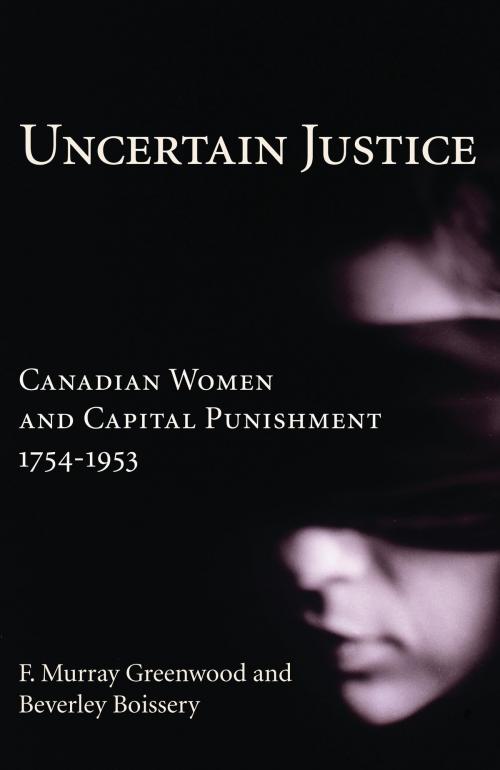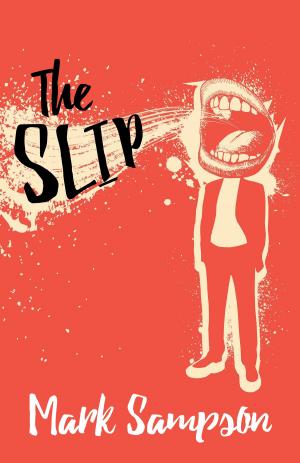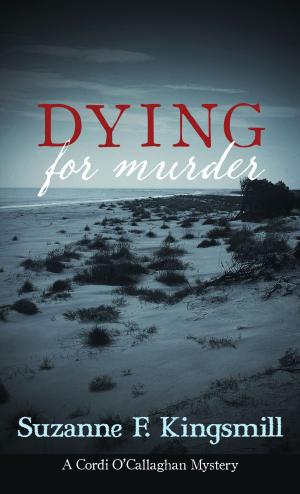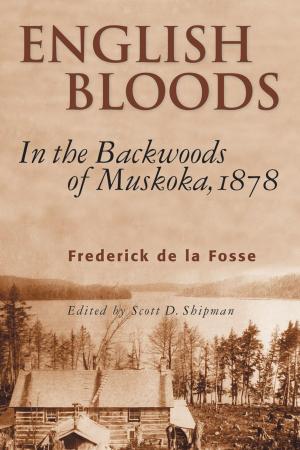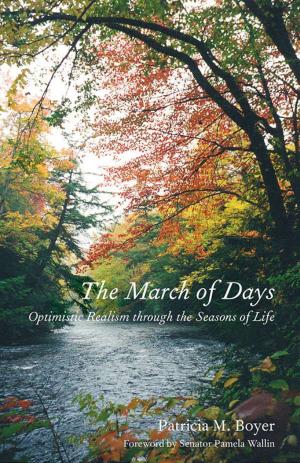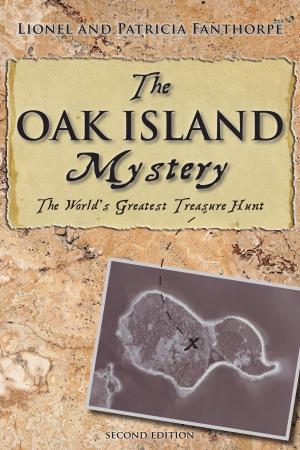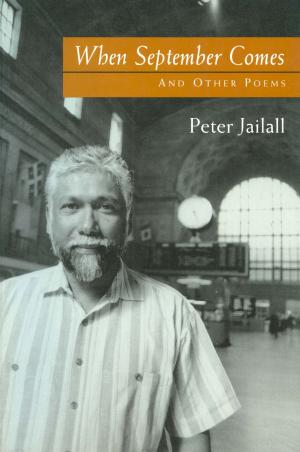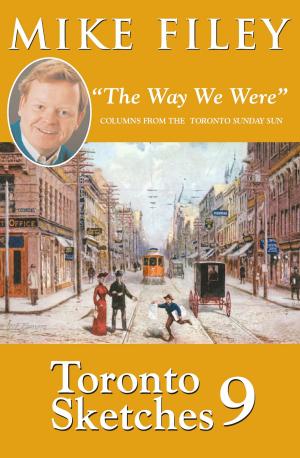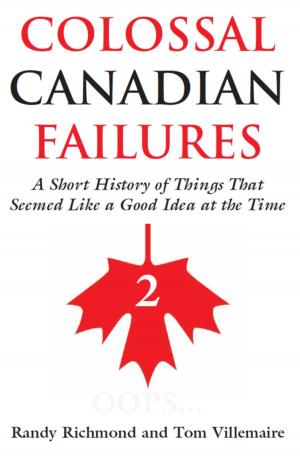Uncertain Justice
Canadian Women and Capital Punishment, 1754-1953
Nonfiction, Reference & Language, Law, Criminal law, Social & Cultural Studies, True Crime, Biography & Memoir| Author: | F. Murray Greenwood, Beverley Boissery | ISBN: | 9781459717817 |
| Publisher: | Dundurn | Publication: | October 1, 2000 |
| Imprint: | Dundurn | Language: | English |
| Author: | F. Murray Greenwood, Beverley Boissery |
| ISBN: | 9781459717817 |
| Publisher: | Dundurn |
| Publication: | October 1, 2000 |
| Imprint: | Dundurn |
| Language: | English |
In 1754 Eleanor Powers was hung for a murder committed during a botched robbery. She was the first woman condemned to die in Canada, but would not be the last.
In Uncertain Justice, Beverley Boissery and Murray Greenwood portray a cast of women characters almost as often wronged by the law as they have wronged society. Starting with the Powers trial and continuing to the not-too-distant past, the authors expose the patriarchal values that lie at the core of criminal law, and the class and gender biases that permeate its procedures and applications.
The writing style is similar to that of a popular mystery: "Harriet Henry lay dead. Horribly and indubitably. Her body sprawled against the bed, the head twisted at a grotesque angle. Foam engulfed the grinning mouth." Scholarly analysis combines with the narrative to make Uncertain Justice a fascinating and engaging read.
There is a wealth of information about the emerging and evolving legal system and profession, the state of forensic science, the roles of juries, and the political turmoil and growing resistance to a purely class-based aristocratic form of government.
In 1754 Eleanor Powers was hung for a murder committed during a botched robbery. She was the first woman condemned to die in Canada, but would not be the last.
In Uncertain Justice, Beverley Boissery and Murray Greenwood portray a cast of women characters almost as often wronged by the law as they have wronged society. Starting with the Powers trial and continuing to the not-too-distant past, the authors expose the patriarchal values that lie at the core of criminal law, and the class and gender biases that permeate its procedures and applications.
The writing style is similar to that of a popular mystery: "Harriet Henry lay dead. Horribly and indubitably. Her body sprawled against the bed, the head twisted at a grotesque angle. Foam engulfed the grinning mouth." Scholarly analysis combines with the narrative to make Uncertain Justice a fascinating and engaging read.
There is a wealth of information about the emerging and evolving legal system and profession, the state of forensic science, the roles of juries, and the political turmoil and growing resistance to a purely class-based aristocratic form of government.
